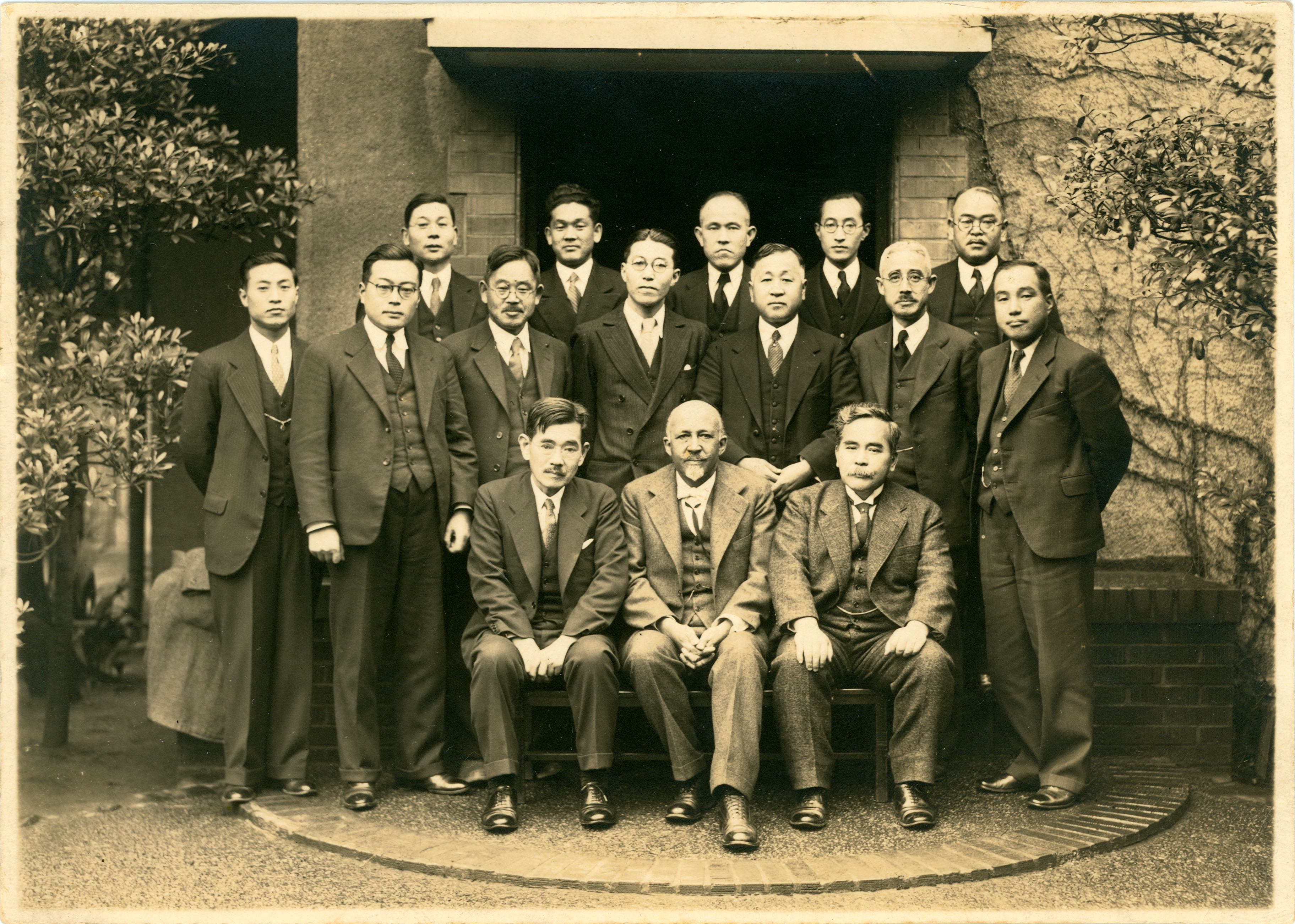W. E. B. Du Bois, Asia, and Japan
Nahum Chandler
African American Studies
UC Irvine
Many have referred to an unfolding “Asian Century. Yet, the place of historical difference, sometimes the problem of “race,” in the making of Asia, with Japan as a key example, has not acquired consideration commensurate with its implication. Matters African American as in the historical vision of W. E. B. Du Bois, namely his sense of a modern global “problem of the color line” may be of assistance. Asia, with Japan as a complex example, was for Du Bois a persuasive reference; yet, two continuing twin privileges—the idea of the singular exemplar of the human, rooted in natality, and the retention of the idea of sovereignty as also rooted in a singular exemplar (e.g. the monarch, the ethnic group, the party)—together articulate the fundamental contemporary conundrum of modern collective inhabitation. A strong sense of the African American example and the conception that lead to Du Bois’s acute recognition of this problematic before its cataclysmic eruption during the Second World War and ongoing aftermath may be useful for a world-wide community of and thinkers and practitioners within the present recrudescence that has reimagined Asia, including Japan, on a global scale. This project proposes to write a book under this heading.

